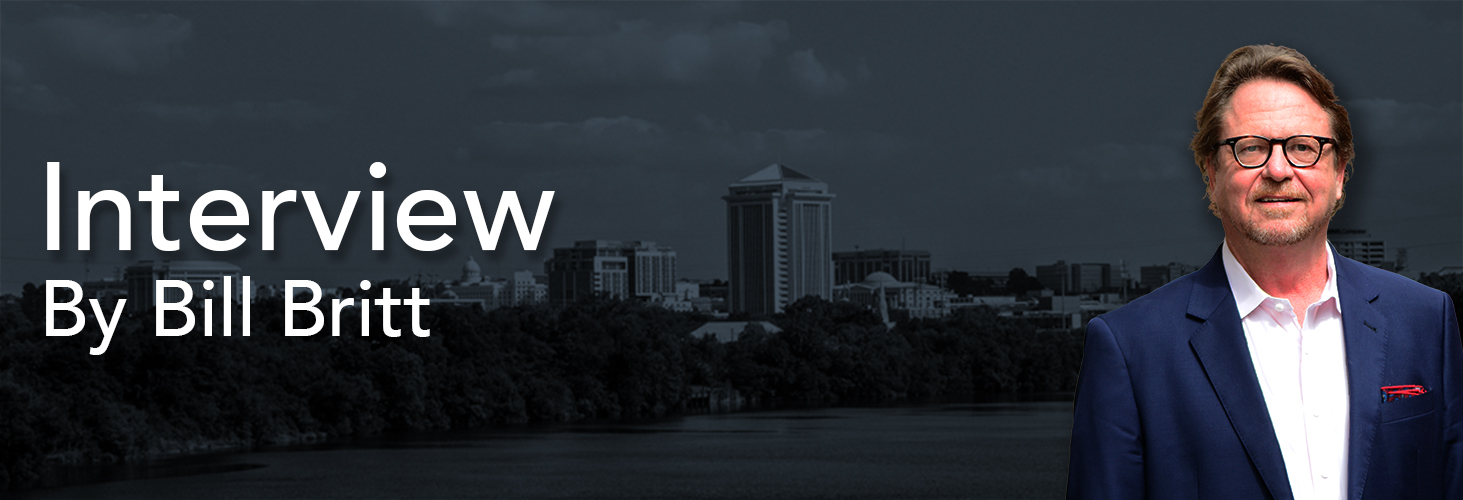By Bill Britt
Alabama Political Reporter
MONTGOMERY—In the most recent issue of the AEA journal, Executive Secretary Dr. Henry Mabry informed members of the importance of supporting the September 18 constitutional amendment.
Recently, Dr. Mabry, who has an encyclopedic knowledge of the Alabama state budget, agreed to sit down with the “Alabama Political Reporter” to share his insight on the state’s financial dilemma as well as his thoughts on Medicaid and the impending constitutional amendment to fund critical services for the state.
“It was obvious at the beginning of the session that the General Fund was going to need more revenue, it was obvious last year, it’s the same every year,” Mabry began. “The Governor had proposed that the money to cover the General Fund shortfall come from the Education Trust Fund, we tried to work with legislators to come up with some alternatives to address the problem facing the state.”

“Take for instance drivers licenses, those costs have been stagnant since around 1983,” said Mabry. “The ABC board taxes have remained the same and the cigarette tax has actually declined over time.”
He says that because we have a general fund that relies on a “quilted patchwork of revenue sources that just don’t get the job done” the state will forever remain underfunded unless there are more revenues.
Healthcare expense make up a large portion of the General Fund expenses and the cost of healthcare does rise every year but the General Fund does not grow proportionally according to Mabry.
“Now, because the General Fund has remained mainly static, the resources have not grown to meet the demand,” says Mabry.
Mabry becomes passionate saying, “A million of our citizen are served by Medicaid. That is one million out of 4.8 million, that is a huge part of our population. Is that going to change? No it’s not, because our people are poor.” The emphasis on the word, “poor,” reverberates throughout the room, like the growl of a bear. The tone and facial expression seem to reveal something rarely witnessed in a policy discussion, he really cares.
“We are supporting this amendment because there is a responsibility to take care of the weakest among us,” said Mabry. “We want to see that those responsibilities are addressed.”
Mabry says that it is not just poor mothers and senior citizens that rely on Medicaid but that “many of our working people in Alabama are on Medicaid, people who work at places like Wal-Mart and other retail establishments. These are the people who are being helped.” He also says, “We have a barebones Medicaid program in our state, it is not like well-to-do people are being given free money.”
As he walks to a white board hanging on the wall of the conference room Mabry says, “There is a perception out there that Medicaid has gone through the roof, It hasn’t.”
He begins to draw a chart showing the growth of the general fund and Medicaid, “The cost of Medicaid has been about three percent per year,” he says, “but the general fund only grows by one or one and a half percent.” He keeps drawing lines and boxes to illustrate the problem…the numbers will never match…it starts to make sense…like a math problem once a professor draws it on the board. One percent growth on general fund…inflation 3 percent…medical inflation 8 percent…suddenly it is clear and he says, “So, you either have your revenues keep up or cut services.”
When asked why he thought that the state was unwilling to even raise modest fees or taxes Mabry says, “Maybe Grover Norquist and the whole idea of no tax pledge.”
Then something unexpected, “I was watch something with George H.W. Bush on it and he said, ‘Who the hell is Grover Norquist?’” It is a funny moment in an otherwise serious interview. Often referred to as the Dirty Harry of tax reform Norquist heads a group that gets politicians to sign pledges for no new taxes or his people brand them a tax-and-spend liberals.
Mabry laughs at his own joke and we go back to the serious problem facing Alabama.
In part two Mabry shares more of his reasons for supporting the September constitutional amendment and why many legislators fail to see the fiscal and human cost of this vote.





















































